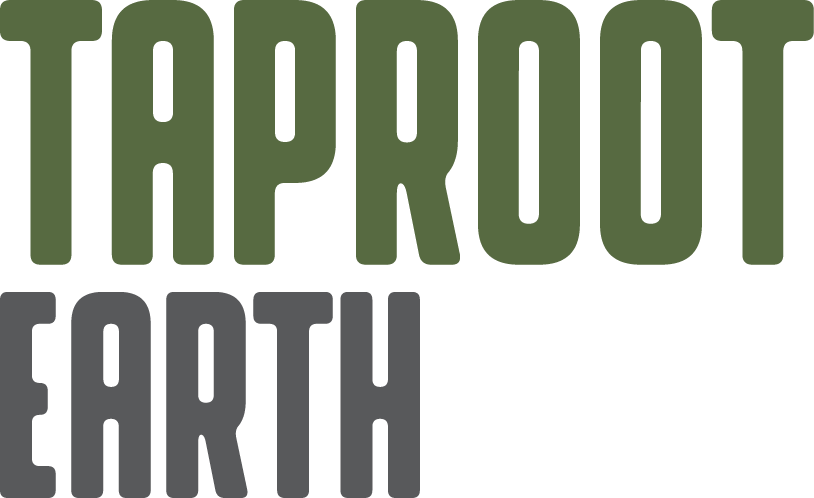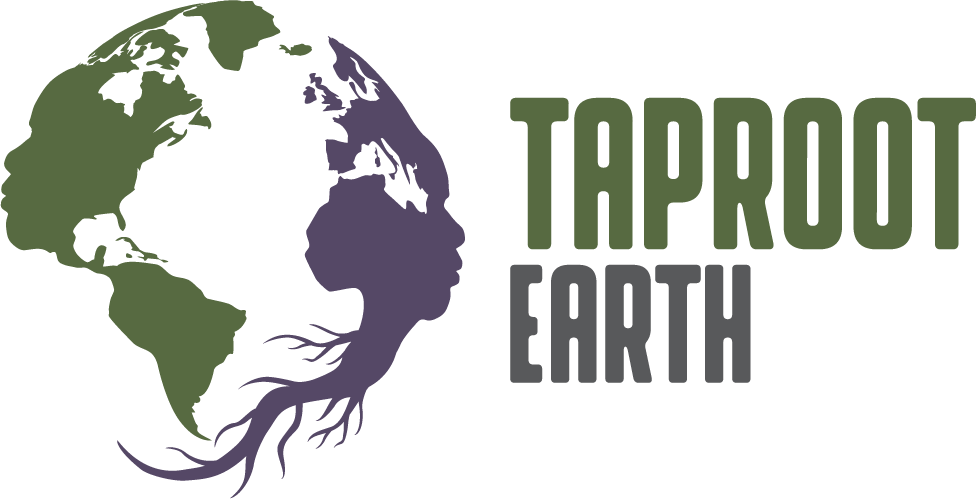 This week, the Supreme Court of the United States limited the scope of the Clean Water Act in Sackett v. EPA, threatening millions of acres of formerly protected wetlands and exposing downstream communities to pollutants. This decision is devastating for the frontlines, especially those already vulnerable to climate disasters and industry that continues to choose development and profit over the people. For frontline communities in the Gulf South, wetlands are havens for fish and help mitigate the impact of hurricanes and floods. Our vision for a just future must include the human right to water and the path to democratically shape a world where all of us thrive.
This week, the Supreme Court of the United States limited the scope of the Clean Water Act in Sackett v. EPA, threatening millions of acres of formerly protected wetlands and exposing downstream communities to pollutants. This decision is devastating for the frontlines, especially those already vulnerable to climate disasters and industry that continues to choose development and profit over the people. For frontline communities in the Gulf South, wetlands are havens for fish and help mitigate the impact of hurricanes and floods. Our vision for a just future must include the human right to water and the path to democratically shape a world where all of us thrive.
Read comments by Taproot Earth staff:
“I am outraged by the recent SCOTUS decision that favors polluters. I grew up in North Baton Rouge near Devil’s Swamp, a site that my community used to depend on for fish. Years later, we learned that industry would release toxic chemicals into this swamp, including cancer-causing PCBs. Many folks got cancer or were perpetually ill. The Clean Water Act is important because industry needs to be accountable to the chemical, physical, and biological integrity of all of the nation’s waters, including its wetlands.”
Michael McKenzie, Regional Organizer
“Through West Virginia v. EPA and the decision in Sackett v. EPA, SCOTUS continues to undo the balance of federal power, undermine democracy, and unravel federal environmental laws. To quote Justice Kagan in her concurrence, the Court is “appoint[ing] itself as the national decision-maker on environmental policy,” the impacts of which will always be felt first and worst by frontline communities.
Amy Laura Cahn, Legal Director
“I have lived in Appalachia all my life and have seen how Big Coal has gutted state regulations. Now, the Supreme Court is removing one of the last tools that communities have to protect our drinking water and keep our homes safe from severe flooding. This opens the door for pipelines, coal waste dumps, and petrochemical facilities to destroy wetlands– a precious resource, not a commodity to privatize.”
Veronica Coptis, Senior Advisor


